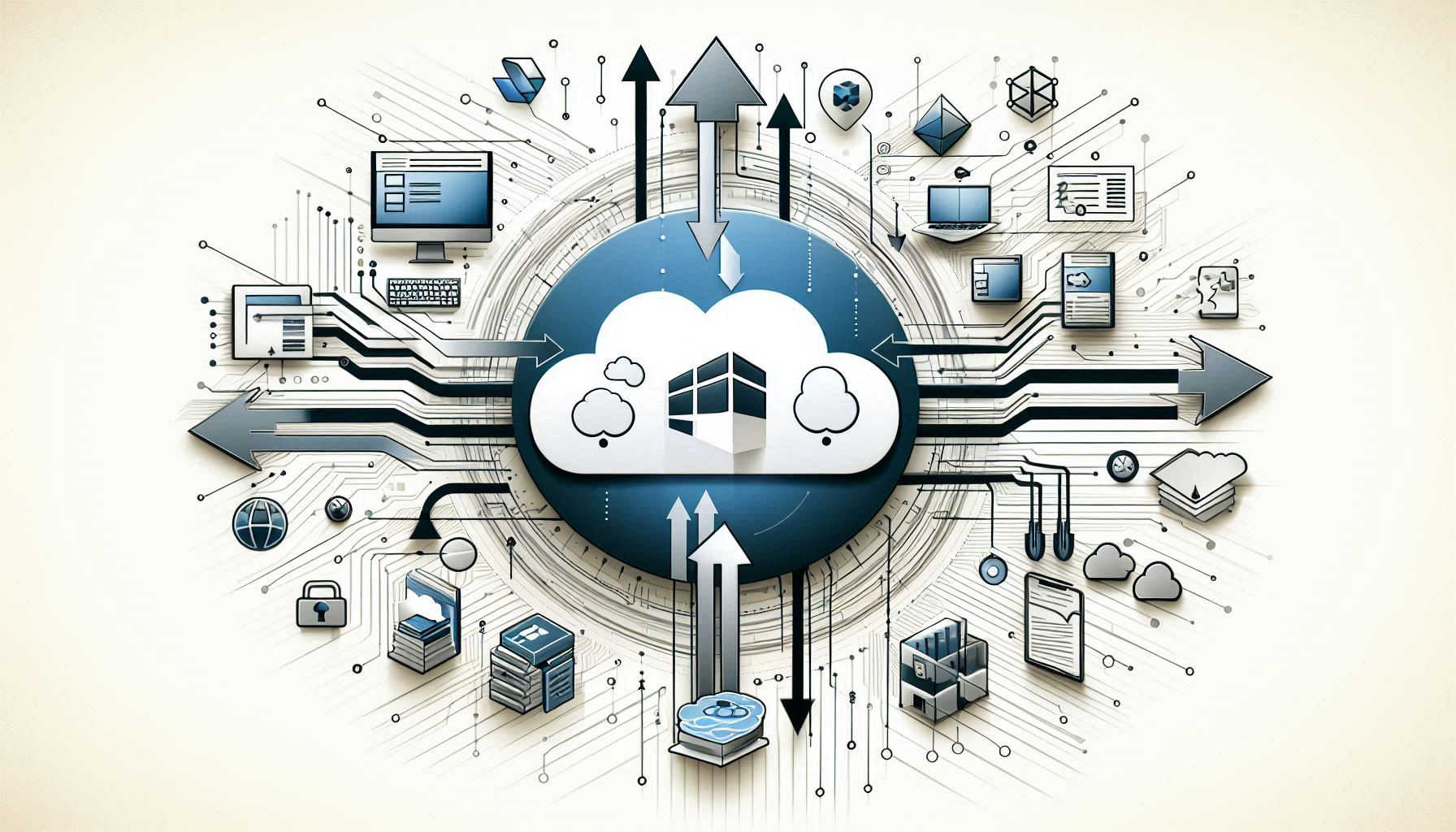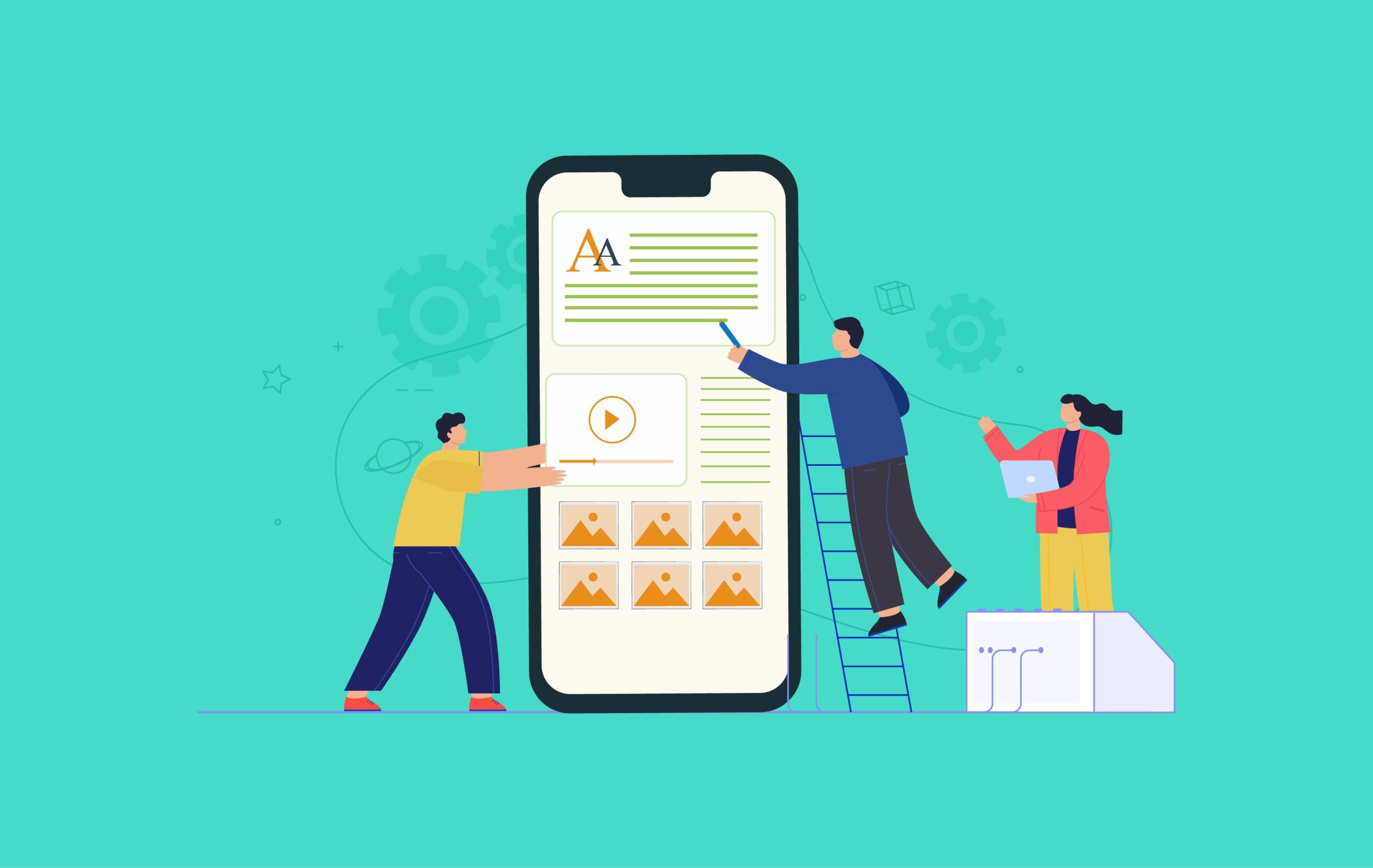Introduction
A robust digital foundation is crucial for long-term success in the fast-paced startup ecosystem. Software development for startups plays a vital role in transforming innovative ideas into scalable, market-ready solutions. In 2025, emerging technologies such as AI-driven development, no-code platforms, and cloud-native applications are reshaping how startups build and deploy software.
This guide explores the latest trends, strategies, and best practices for custom software development for startups, helping you navigate the complexities of software product development.
Why Startups Need Custom Software Development in 2025
1. Scalability & Flexibility
Startups need software that adapts to rapid business growth. Custom software development for startups ensures scalability, enabling seamless upgrades and integrations as business needs evolve.
2. Competitive Advantage
Bespoke software provides tailored solutions, automating processes and enhancing user experience—giving startups a distinct edge over competitors relying on off-the-shelf solutions.
3. Cost-Effective Solutions
Though custom software development may require higher initial investment, it reduces long-term costs associated with licensing, third-party dependencies, and inefficiencies.
4. Security & Compliance
Data privacy and cybersecurity are critical concerns in 2025. Tailored solutions help startups meet industry-specific compliance (e.g., GDPR, HIPAA) and integrate advanced security measures like Zero Trust Architecture and AI-based threat detection.
Latest Software Development Trends for Startups in 2025
1. AI-Powered Development
Artificial Intelligence (AI) and Generative AI accelerate the software development lifecycle, automating code generation, bug detection, and optimizing user experience. Tools like GitHub Copilot and OpenAI Codex enable startups to develop software faster and with fewer resources.
2. Low-Code & No-Code Platforms
Startups without extensive technical expertise can now leverage low-code/no-code platforms to develop and deploy applications quickly. Platforms like Bubble, OutSystems, and Mendix empower entrepreneurs to launch MVPs without deep coding knowledge.
3. Cloud-Native Development
Cloud computing continues to dominate, with serverless architectures and microservices becoming the go-to choices for startups. Services like AWS Lambda, Google Cloud Run, and Azure Functions allow startups to scale efficiently without worrying about infrastructure management.
4. Blockchain Integration
Startups in FinTech, supply chain, and security are increasingly leveraging blockchain for enhanced transparency, security, and automation through smart contracts and decentralized applications (dApps).
5. API-First Approach
Modern software solutions are being built with an API-first approach, allowing seamless integration with third-party tools and services. This enables startups to create flexible and interconnected ecosystems with minimal development overhead.
6. Cybersecurity-Driven Development
With rising cyber threats, security is now a priority from the early stages of development. DevSecOps integrates security within the software lifecycle, ensuring compliance with security standards like ISO 27001 and SOC 2.
Essential Steps for Software Product Development in Startups
1. Define Business Goals & User Needs
Before development begins, startups must clearly outline their business objectives and define their target audience. Conducting market research and competitor analysis helps in identifying gaps and opportunities.
2. Choose the Right Tech Stack
Selecting a scalable and cost-effective technology stack is crucial. In 2025, popular stacks include:
- Frontend: React.js, Vue.js, Svelte
- Backend: Node.js, Python (Django), Ruby on Rails
- Database: PostgreSQL, Firebase, MongoDB
- Cloud: AWS, Google Cloud, Microsoft Azure
3. Develop a Minimum Viable Product (MVP)
An MVP allows startups to test their concept in real-world scenarios with minimal resources. Agile development methodologies like Scrum and Kanban help refine the product based on user feedback.
4. Implement Agile & DevOps Practices
By integrating CI/CD (Continuous Integration/Continuous Deployment), startups can automate software updates, improve efficiency, and reduce time-to-market.
5. Prioritize UX/UI Design
User experience (UX) and interface design (UI) determine the success of a software product. Utilizing AI-powered design tools and A/B testing, startups can create intuitive and user-friendly applications.
6. Launch, Monitor & Optimize
Once deployed, monitoring user engagement, security vulnerabilities, and performance metrics using tools like Google Analytics, New Relic, and Datadog ensures continuous improvement.
Common Challenges in Startup Software Development & Solutions
1. Limited Budget & Resources
- Solution: Leverage open-source frameworks, cloud services, and MVP-focused development to minimize costs.
2. Technical Debt
- Solution: Follow clean code practices, invest in automated testing, and plan long-term scalability to avoid accumulating technical debt.
3. Talent Acquisition
- Solution: Consider outsourcing software development services for startups or hiring dedicated development teams for cost-effective expertise.
4. Security Risks
- Solution: Implement multi-factor authentication (MFA), regular security audits, and AI-driven threat detection.
5. Time-to-Market Pressure
- Solution: Utilize low-code/no-code tools, agile development methodologies, and automated deployment pipelines to accelerate launch.
FAQs
1. What is the best software development approach for startups in 2025?
The Agile methodology, combined with DevOps and CI/CD, is the most effective approach for startups. It ensures faster releases, adaptability, and better resource management.
2. How much does it cost to develop custom software for a startup?
Costs vary based on complexity and features. A simple MVP may cost $10,000–$50,000, while a full-fledged software solution can range from $50,000–$200,000+.
3. Should startups outsource software development or hire in-house teams?
Outsourcing is ideal for startups looking for cost-effective, specialized expertise without the overhead costs of hiring an in-house team.
4. What technologies are best for software development for startups?
In 2025, popular technologies include React.js, Node.js, Python (Django), Kubernetes, Firebase, and AI-powered automation tools.
5. How long does it take to develop a startup’s software product?
The development timeline depends on complexity. An MVP can be built in 3-6 months, while a complete product may take 6-18 months.
6. What are the key factors in choosing the right software development company for startups?
Consider experience, portfolio, technology expertise, scalability, security standards, and post-launch support when selecting a development partner.
Conclusion
Software development is the backbone of every successful startup. In 2025, leveraging cutting-edge technologies like AI-driven development, cloud computing, and no-code platforms will enable startups to build scalable, secure, and cost-effective solutions. Whether you’re building an MVP or a full-scale enterprise application, choosing the right software development services for startups will determine your success in the competitive landscape.
If you’re looking for expert software product development services for startups, partnering with a trusted custom software development company can streamline your journey from idea to market leader. 🚀



